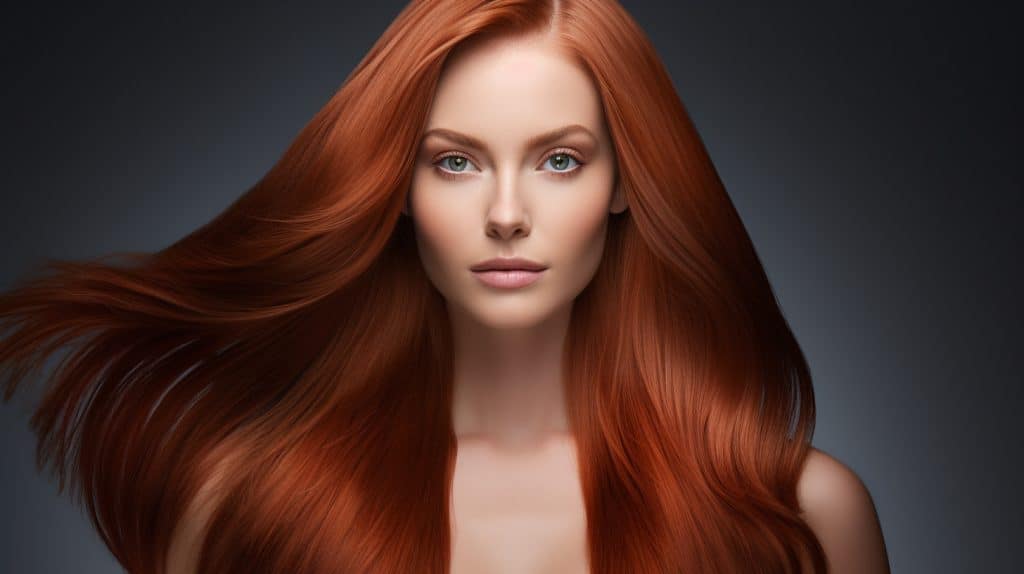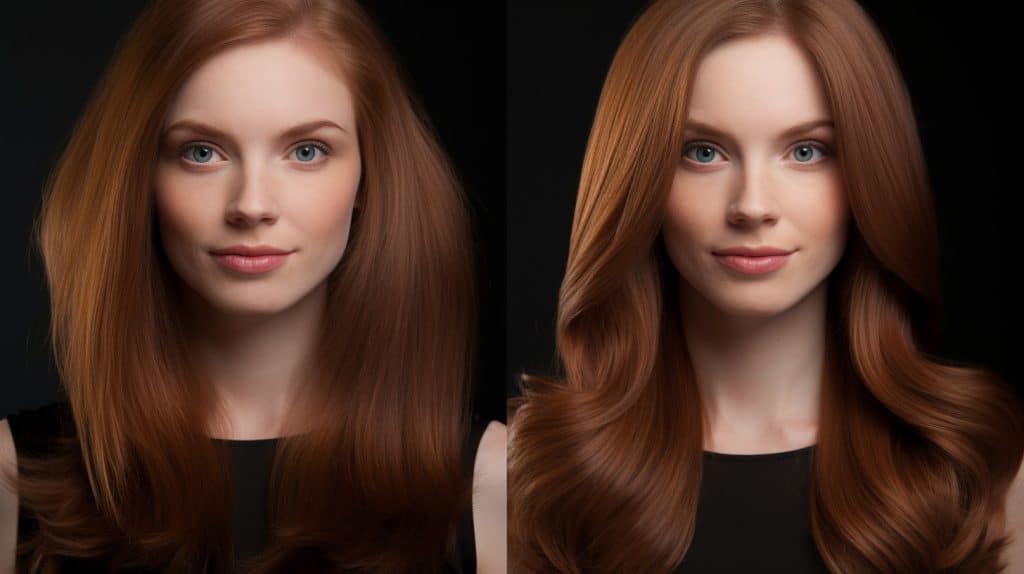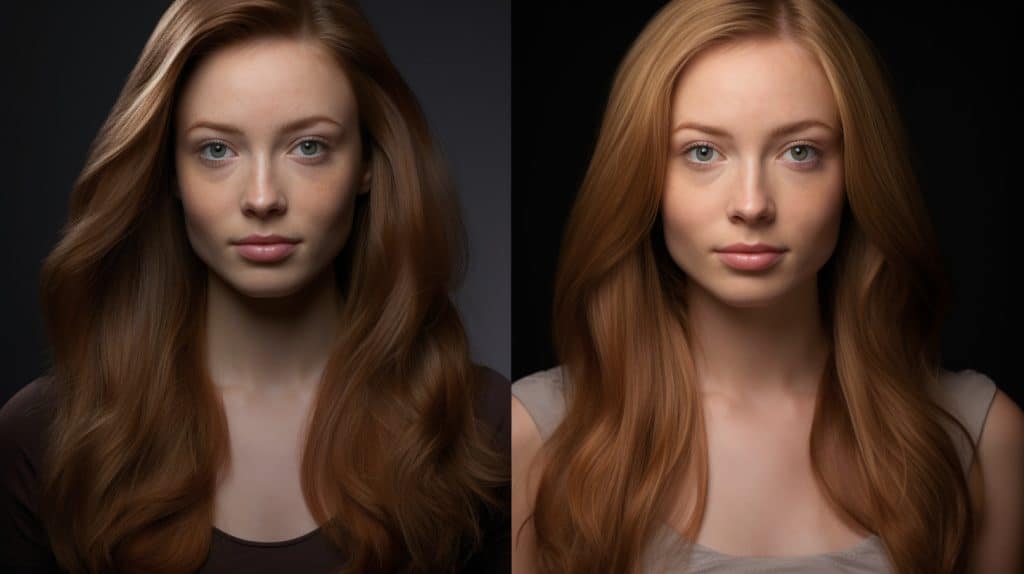Hair loss hair extensions for natural hair
Have you ever wondered if hair extensions could be causing your hair loss? Well, let me tell you, I've been there. But don't worry, I've got some great news for you.
In this article, we're going to dive into the world of how to use hair loss hair extensions and uncover the truth behind the myths. So, if you're looking to boost your volume and get that luscious mane of thicker hair without any hair loss worries, stick around. I've got all the info you need right here.
Let's get started!
Revealed: Can Hair Extensions Cause Hair Loss
Fine, thin hair is typically very light in colour and also has very little texture. It is prone to breakage, especially at the top and the bottom of the strands. This breakage can be referred to as split ends. After your hair has broken off, the flat hair you are left with is not naturally appealing and can be frustrating to deal with.
https://foxylocks.com
Extensions can indeed cause hair loss. It's a concern that many people have, especially those with thin hair or who are considering getting extensions for the first time. The pressure that extensions put on the hair follicles can lead to hair loss and thinning hair. This happens because the weight of the extensions pulls on the natural hair, causing it to weaken and eventually fall out.
It's important to understand that not all hair types are suitable for extensions. If you have naturally thin hair, extensions may worsen the problem and further thin out your hair. Instead, consider temporary solutions that won't cause damage, such as volumizing products or hairpieces. It's important to keep your hair, or at least I think so….
To prevent hair loss and promote healthy hair growth, it's essential to take good care of your scalp and natural hair. Regularly washing and conditioning your hair can help maintain scalp health. Avoid excessive heat styling and chemical treatments that can cause damage. When detangling your hair, use a wide-toothed comb or brush to prevent breakage.

If you're experiencing hair loss and thinning hair, it's important to consult with a professional to determine the underlying cause and explore appropriate treatment options. Remember, your hair is unique, and what works for someone else may not work for you.
By taking proactive steps and being mindful of the potential risks, you can maintain the health of your natural hair while still enjoying the benefits of extensions.
Choosing the Right Type of Hair Loss Hair Extensions for Thin Hair
When it comes to thin hair, I recommend considering the suitability of different types of hair extensions for your specific needs and preferences. Here are four key factors to keep in mind when choosing the right type of hair extension for thin hair:

1. Weight: opt for lightweight hair extensions to avoid putting unnecessary strain on your already fragile strands. Heavy extensions, such as clip-ins, can cause pulling and damage to thin hair, leading to further hair loss.
2. Application Method: Consider tape-in extensions as they're easy to put in without using heat and offer a low-maintenance option for adding volume. They can also be easily removed and reused, allowing you to switch up your hairstyle whenever you desire.
3. Hair Care: Choose high-quality, cruelty-free human hair extensions that blend seamlessly with your natural hair. Additionally, invest in hair care products specifically designed for thin hair to prevent breakage and promote healthy hair growth.
4. Consultation: Consult a professional hair extension specialist to get personalized recommendations based on your specific hair type and needs. They can assess your hair's thickness, texture, and density to suggest the best type of hair extension that will suit you.
How to Safely Use Extensions for Thin Hair Without Accelerating Hair Loss
To ensure the safety of using extensions for thin hair without accelerating hair loss, I frequently take the time to thoroughly research and educate myself on the best practices and techniques. It's important to understand that not all extensions are created equal, and some can cause damage to already fragile hair. That's why I recommend using clip-in extensions as they are the least damaging option for thin hair.
When using clip-in extensions, it's crucial to follow a few guidelines to maintain the health of your hair. Here is a helpful table outlining the do's and don'ts of safely using extensions for thin hair:
| Do's | Don'ts |
|---|---|
| Choose lightweight extensions | Use heavy or bulky extensions |
| Opt for high-quality, non-damaging brands | Purchase cheap, low-quality extensions |
| Attach extensions gently and securely | Pull or tug on the extensions excessively |
| Take breaks from wearing extensions | Wear extensions for long periods of time |
| Remove extensions before bed | Sleep with extensions on |
| Care for your natural hair alongside extensions | Neglect your natural hair while wearing extensions |
Boosting Volume: Hair Extensions to Prevent Hair Loss for Those with Thin Hair
I personally find that using tape-in extensions is an effective way to boost volume for those with thin hair. Here are four reasons why tape-in extensions can be a great option for adding volume to your delicate hair:

1. Gentle and Damage-Free: Tape-in extensions are gentle on your natural hair, minimizing the risk of hair damage. Unlike other types of extensions, they don't require heat or glue for installation, reducing the chances of permanent hair loss.
2. Seamless Blend: Tape-in extensions blend seamlessly with your natural hair, creating a natural and voluminous look. The extensions lie flat against your scalp, making them undetectable.
3. Long-Lasting Results: With proper care, tape-in extensions can last for months, providing you with a long-lasting boost of volume. They can be reused, saving you money overall.
4. Easy Maintenance: Tape-in extensions are low maintenance. You can wash, style, and brush your hair as usual without worrying about damaging the extensions. They're also easy to remove when you no longer want to wear them.
When choosing extensions for thin hair, it's important to avoid types that can cause hair damage, such as keratin extensions or clip-ins that are incorrectly applied. Tape-in extensions provide the volume you desire while encouraging hair growth and maintaining the health of your delicate hair.
If you really do want to wear them, the healthiest way to wear hair extensions is by choosing lightweight clip-in versions and only wearing them for short periods. You should always take them out at night to allow your hair to rest and recover. Taking steps to ensure the health and natural strength of your hair, such as taking dietary supplements like Hair Vitalics, and using strengthening conditioning treatments, can also be beneficial.
https://www.belgraviacentre.com
Hair Loss Caused by Extensions: Myths and Facts
Hair loss caused by extensions is often surrounded by myths and facts that need to be addressed. It's important to understand that not all hair extensions cause hair loss. In fact, when properly applied and maintained, extensions can be a safe and effective way to enhance your natural hair.

One common myth is that hair extensions cause hair loss due to the weight they add to your hair. However, this isn't necessarily true. High-quality extensions are made with lightweight materials that minimize any added weight. Additionally, extensions are attached to your hair in a way that distributes the weight evenly, reducing the risk of hair loss.
Another myth is that extensions can damage your natural hair follicles, leading to hair loss. While it's possible for poorly applied or maintained extensions to cause damage, this isn't a common occurrence. Professional stylists are trained to install and care for extensions, ensuring that they don't cause harm to your hair.
It's also important to note that extensions could potentially cause hair breakage if they aren't properly cared for. This is why it's crucial to follow the maintenance instructions provided by your stylist. Regular brushing, gentle washing, and avoiding harsh chemicals can help prevent breakage and maintain the health of your hair.


